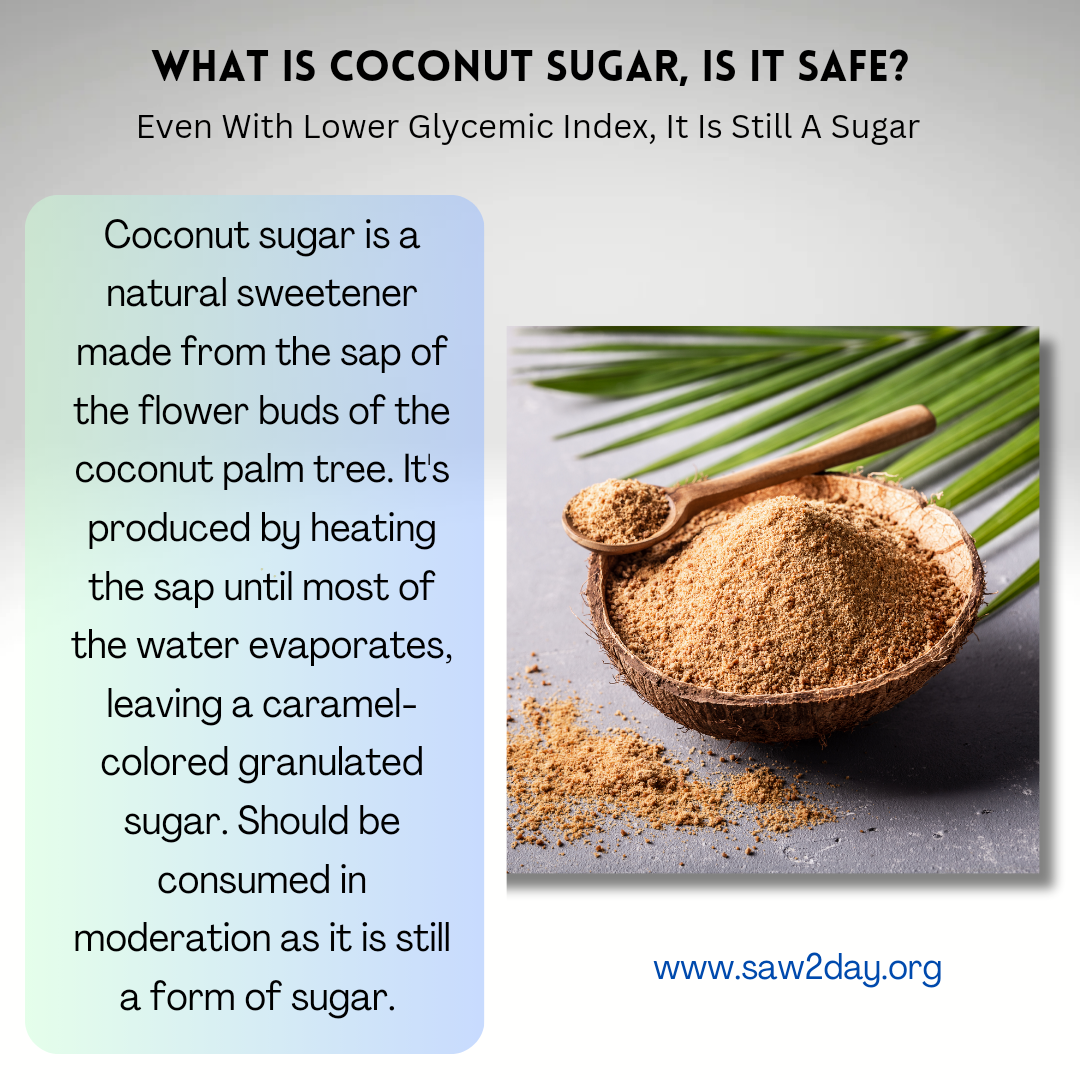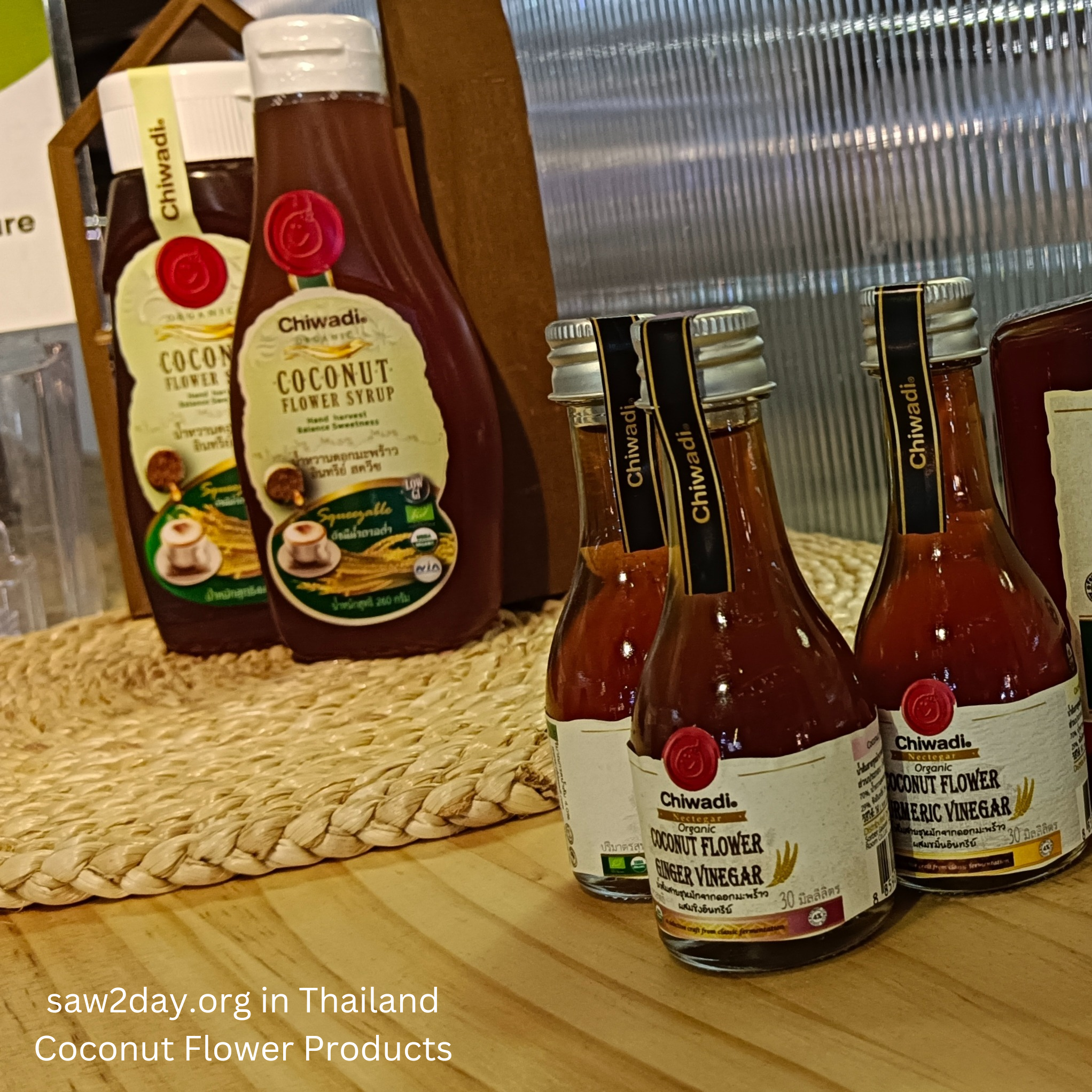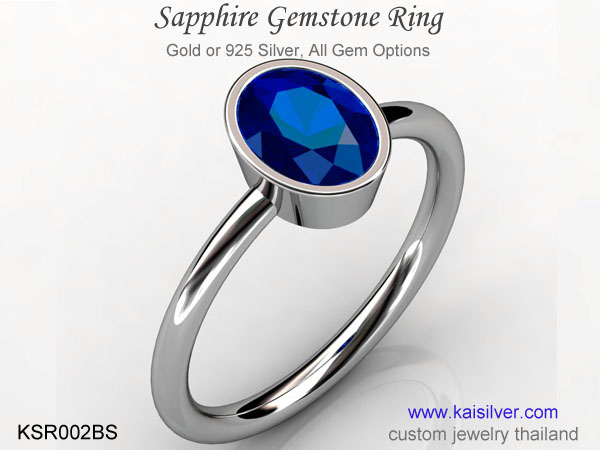Sugar Coconut Flower Nectar
So what is coconut sugar, is coconut sugar good for healthy and the all important question - can diabetes consume sugar derived from the coconut. It is important to understand that, coconut sugar is extracted from the sap of the coconut flower, specifically from the flower buds of the coconut palm tree (Cocos nucifera). So though commonly referred to as coconut sugar, the sweetener is in reality extracted from the flower of the coconut. You might hear the terms coconut nectar sugar or coconut flower nectar syrup, they have the same basic meaning.
The process begins by cutting the flower bud to allow the sap to flow out. This sap is then collected, heated, and evaporated to produce coconut sugar, which has a caramel-like flavor. It's a natural sweetener and is often used as an alternative to refined sugar due to its lower glycemic index and minimal processing. We will now share important information on the health related aspects of coconut sugar or coconut flower sugar as it should be rightly described!


LOW GLYCEMIC INDEX
Coconut sugar has a lower glycemic index (GI) compared to regular cane sugar. The glycemic index measures how quickly a food raises blood sugar levels. Coconut sugar has a GI of around 35, while regular cane sugar has a GI of about 60–65. Foods with a lower GI cause slower, more gradual increases in blood sugar, making them potentially better for managing blood sugar levels. Keep reading and do not presume that, sugar derived from coconut is good for diabetics!
If you wish to know the scientific reason for the lower glycemic index of coconut flower sugar, here is the explanation. Coconut sugar contains inulin, a type of fiber that slows glucose absorption, which contributes to its lower GI. However, while it may be a slightly healthier alternative, it still contains similar amounts of calories and carbohydrates as cane sugar, so it should be consumed in moderation.
Suffice it to know that low glycemic foods avoid, sudden spikes in blood sugar - this is desirable in most cases. Having said that, you should ensure that coconut sugar or any other type of sugar is moderately consumed. Health conditions might require you to take professional medical advice before, consuming any type of quanity of sugar.
COCONUT SUGAR AND DIABETICS
While coconut sugar has a lower glycemic index (GI) than regular cane sugar, it is still important for people with diabetes to be cautious when using it. Its GI of around 35 is lower than that of cane sugar (60-65), meaning it may cause a slower rise in blood sugar. However, coconut sugar still contains carbohydrates and fructose, which can impact blood sugar levels.
Diabetics should ideally be under medical supervision, regular health checks are especially important for diabetic patients. It is strongly advised that diabetics Consult a healthcare professional or nutritionist before making significant changes to the diet. Talking specifically about sugar, medical advice should be sought before consuming sugar from any source.
If you happen to be a diabetic and have been given the green signal to use coconut sugar by a professional health specialist - use coconut sugar in moderation, as it can still raise blood glucose levels. Monitor blood sugar levels after consuming it to understand its effects. It is quite possible that, the exact impact on blood sugar levels from consuming coconut sugar, could vary from person to person. Individual blood sugar levels are based on a number of factors - overall health, food habits, mental stress levels, health and exercise etc.
Though coconut flower sugar may be a better alternative than refined sugar, it's not a "free pass" for unrestricted use, especially for those managing diabetes. We emphasize that, coconut sugar should not be classified as a 'health' food - it is not something that must be consumed to derive specific health benefits.
COCONUT SUGAR AND HEALTH
Coconut sugar can be a healthier alternative to refined sugar, but like all sweeteners, it should be used in moderation. It's less processed, retains some nutrients like iron, zinc, calcium, and potassium, and has a lower glycemic index, which makes it easier on blood sugar spikes compared to regular cane sugar. However, it still contains calories and carbohydrates, similar to regular sugar.
-
Lower Glycemic Index: Coconut sugar has a lower glycemic index (GI of ~35) compared to regular cane sugar (~60–65), meaning it may cause slower, more gradual increases in blood sugar.
-
Contains Trace Nutrients: Coconut sugar contains small amounts of vitamins and minerals, such as iron, zinc, potassium, and calcium, as well as antioxidants. However, the quantities are quite minimal.
-
Less Processed: It is less refined compared to white sugar, which means it retains some of its natural nutrients from the coconut sap.
-
Inulin Content: Coconut sugar contains a small amount of inulin, a type of dietary fiber that may help slow glucose absorption and support gut health.
Coconut sugar or any other form of sugar, should be consumed after due consideration to personal health conditions. We have explained the approach that diabetics should take towards the consumption of coconut sugar or any other type of sugar in the above section. Make sure that you spend some time reading it.
SUMMARY
While we have provided a fairly detailed explanation on coconut based sugar, it is important to understand the information detailing the 'health' aspects of coconut flower sugar, are not meant to replace professional medical advice. Reminding you that coconut sugar or any other form of sugar, should no be labelled as a health food!


